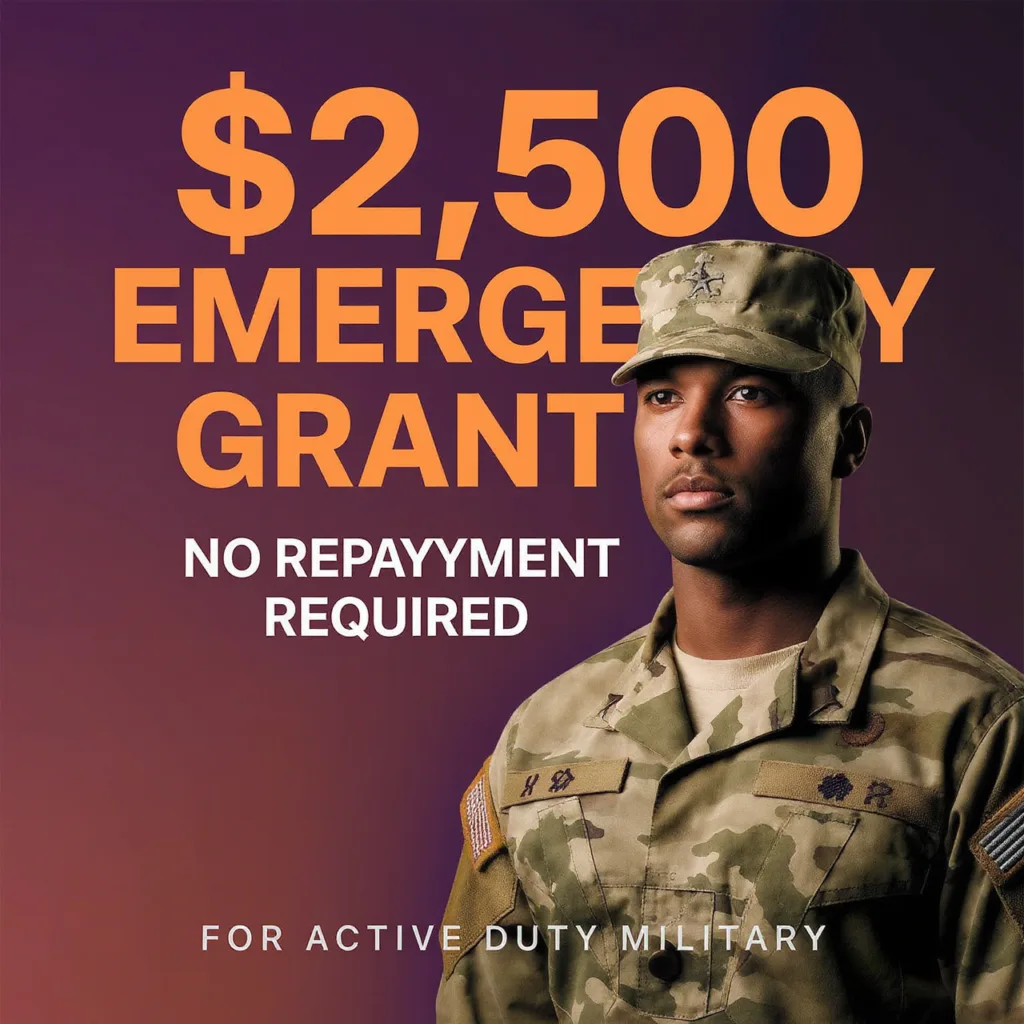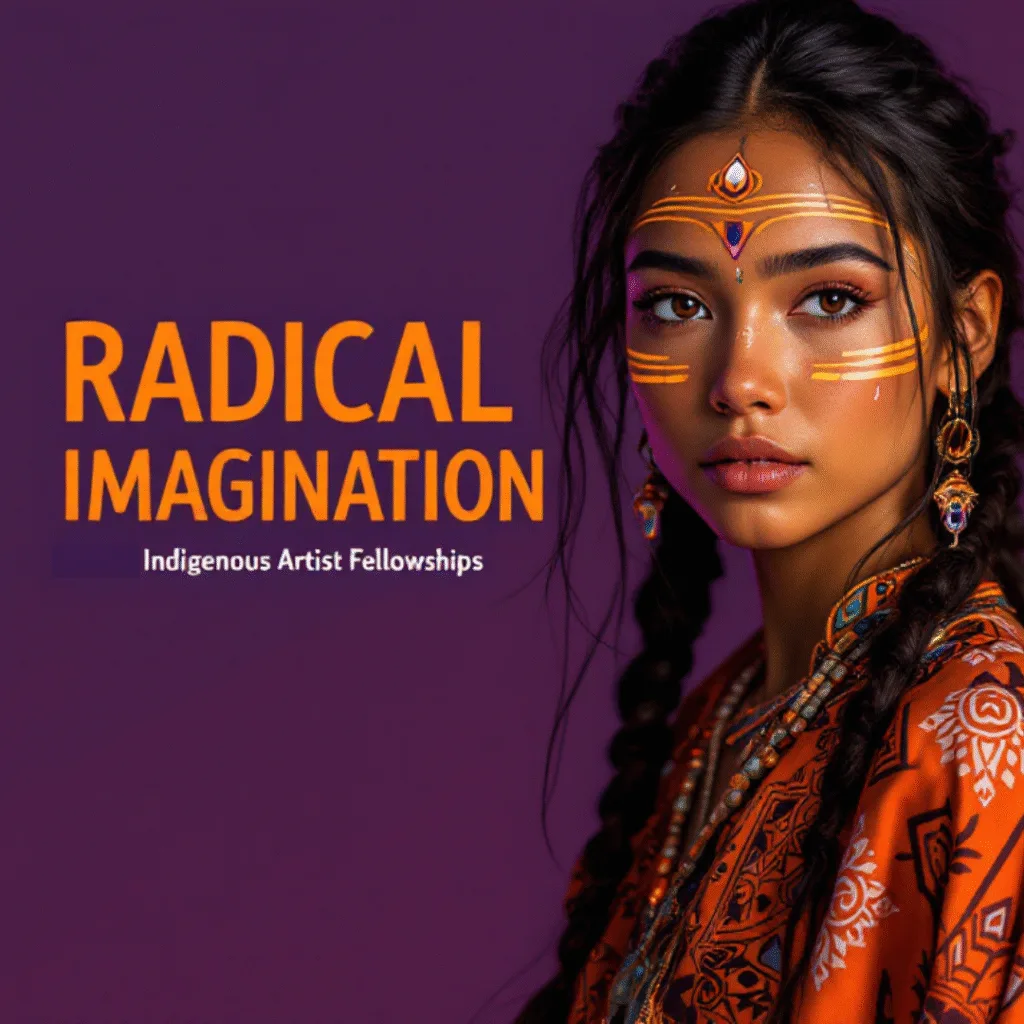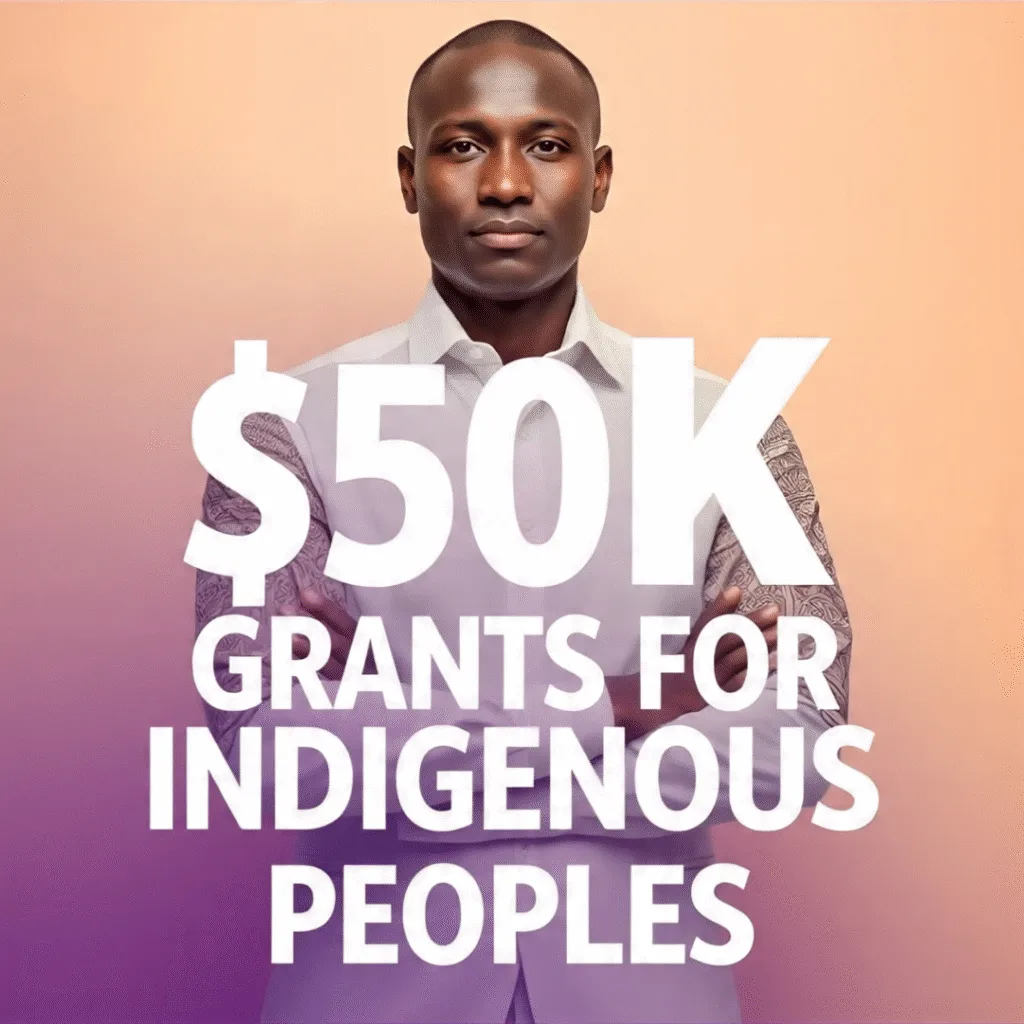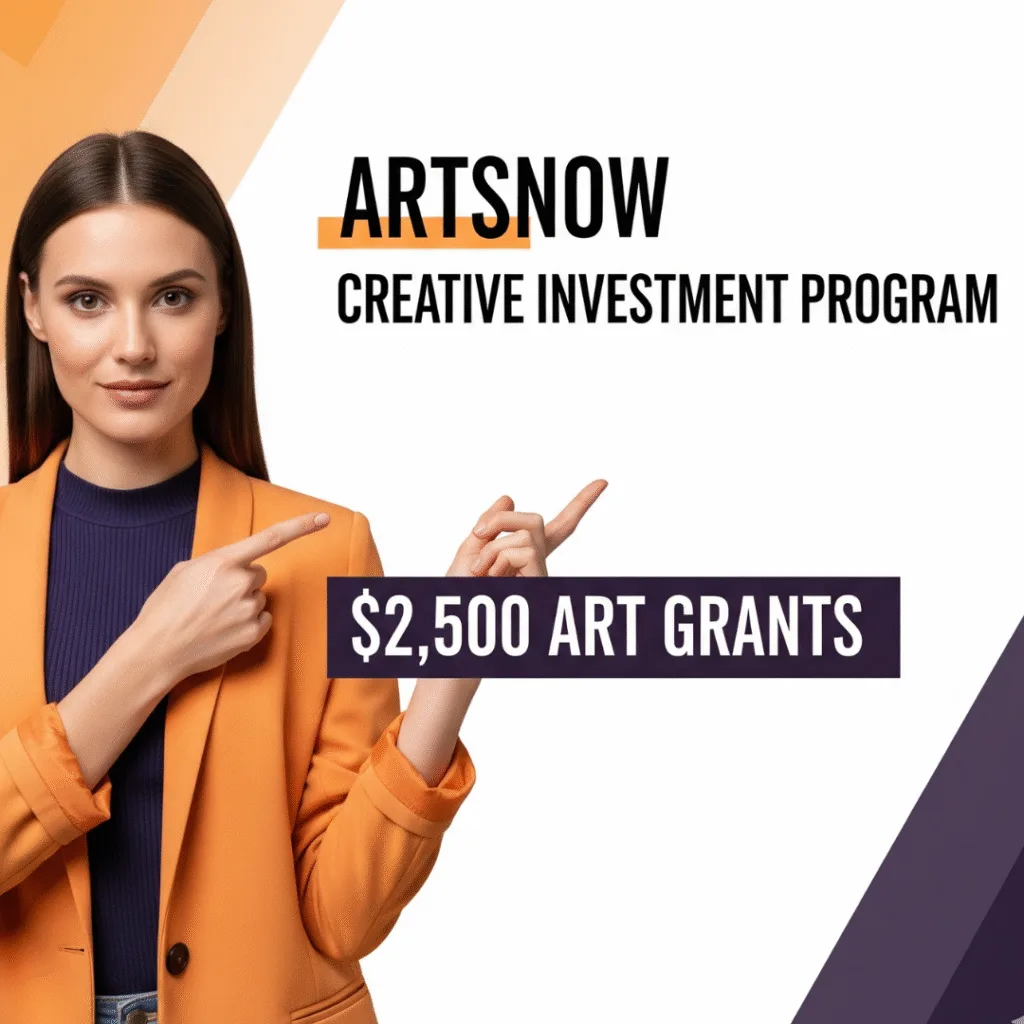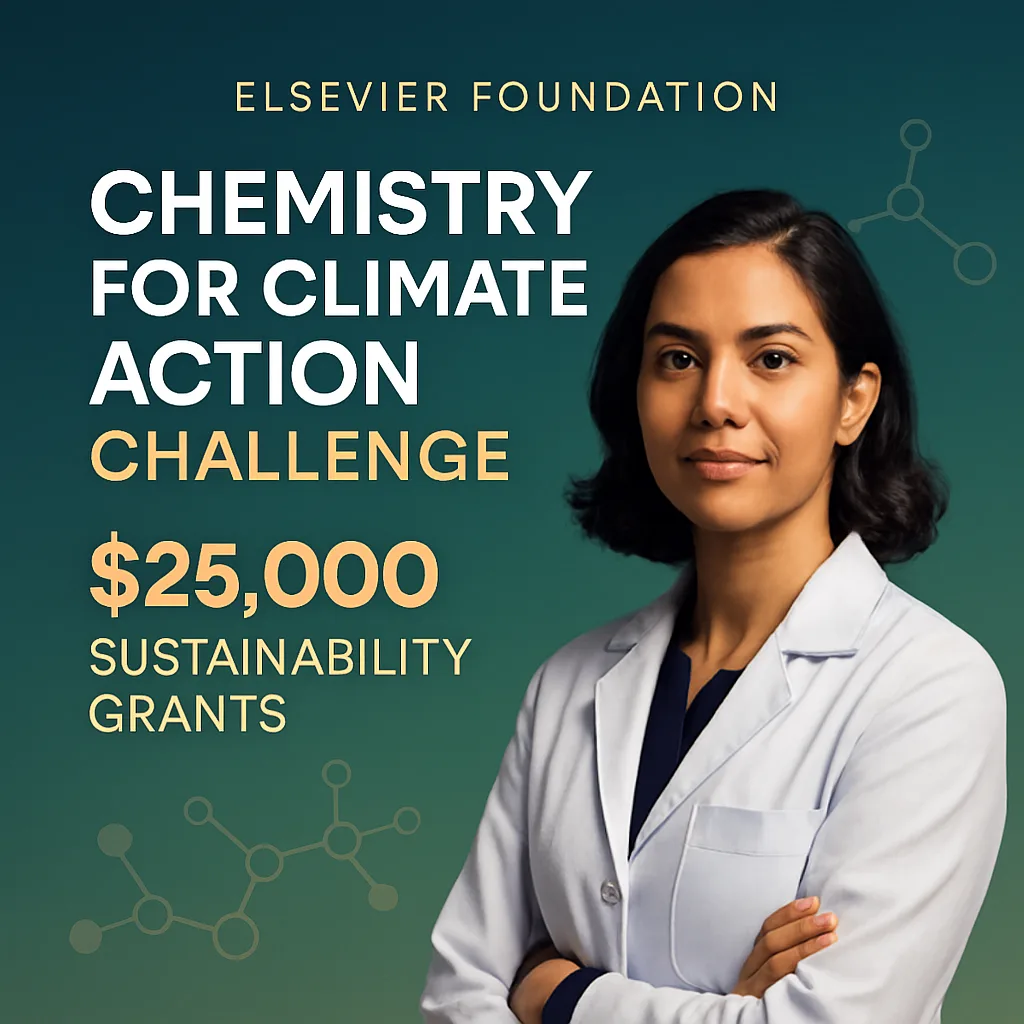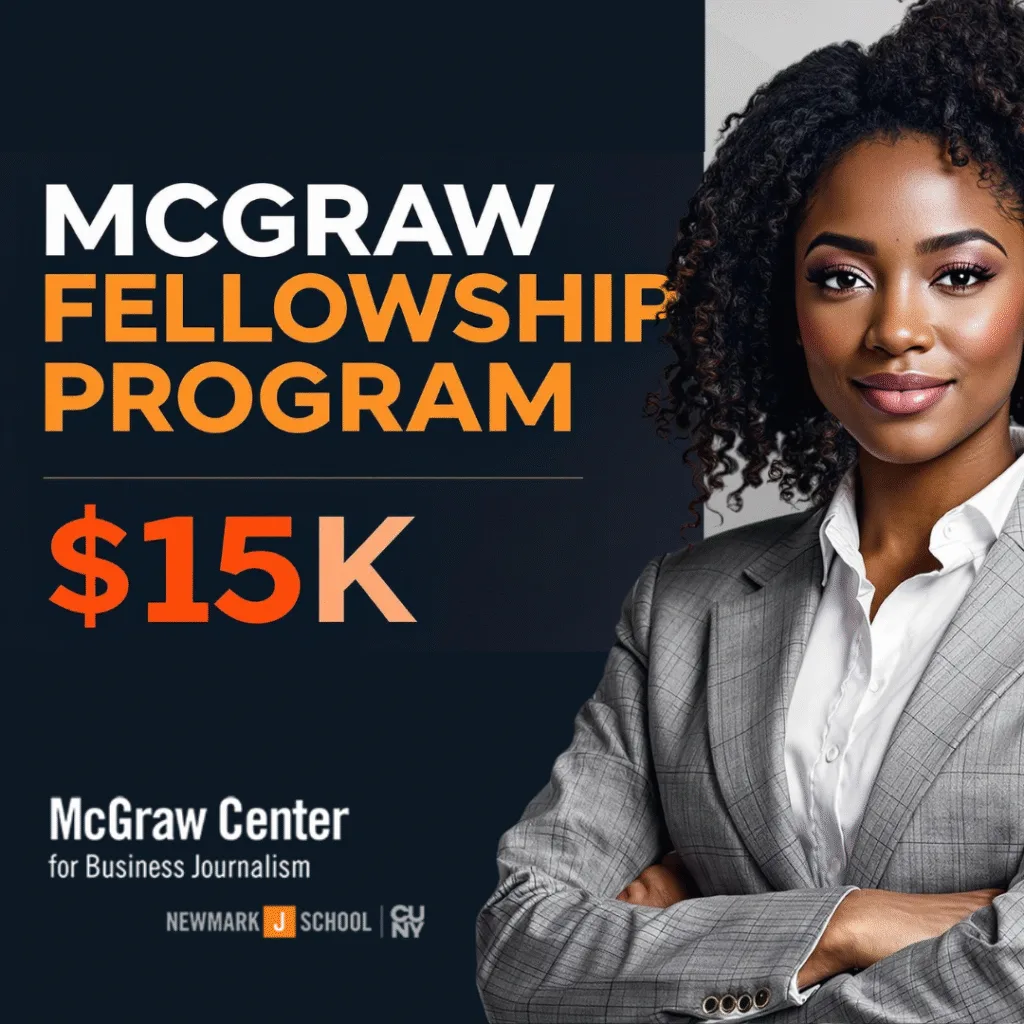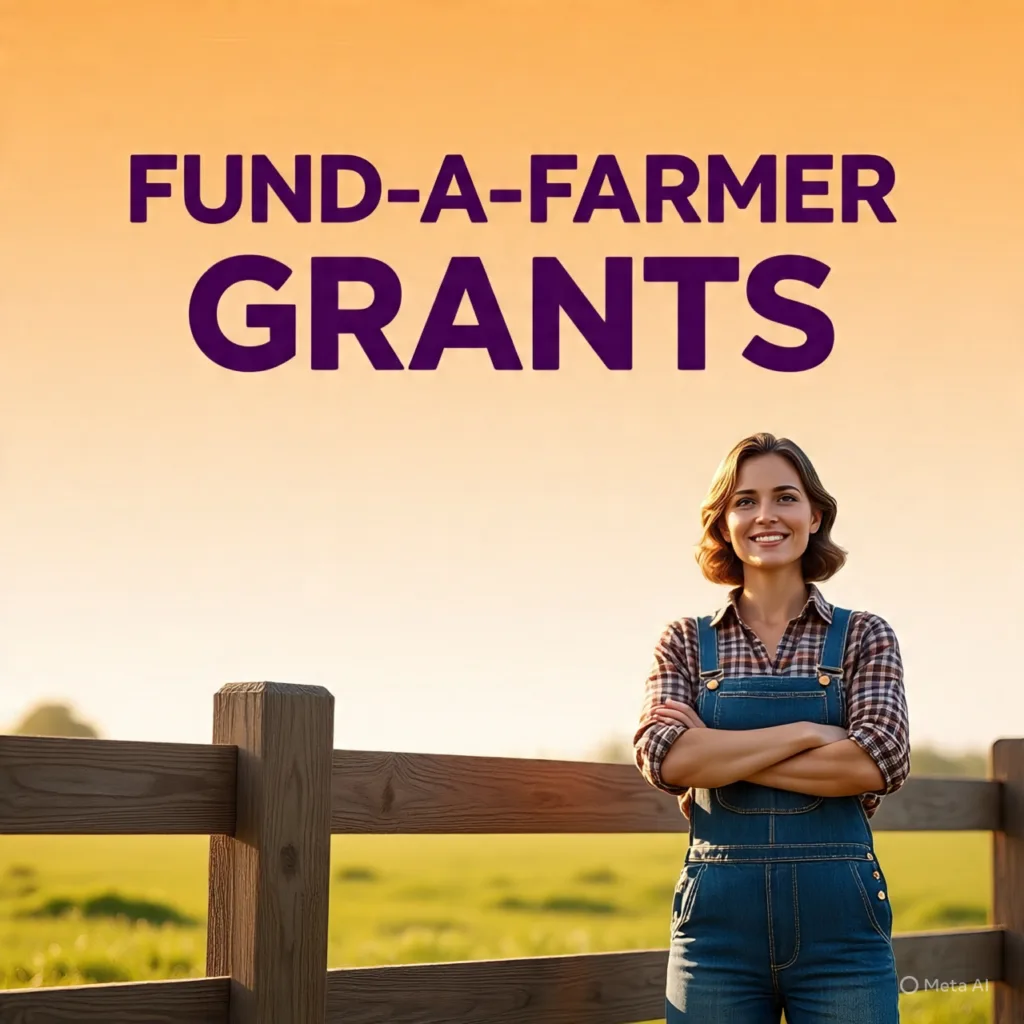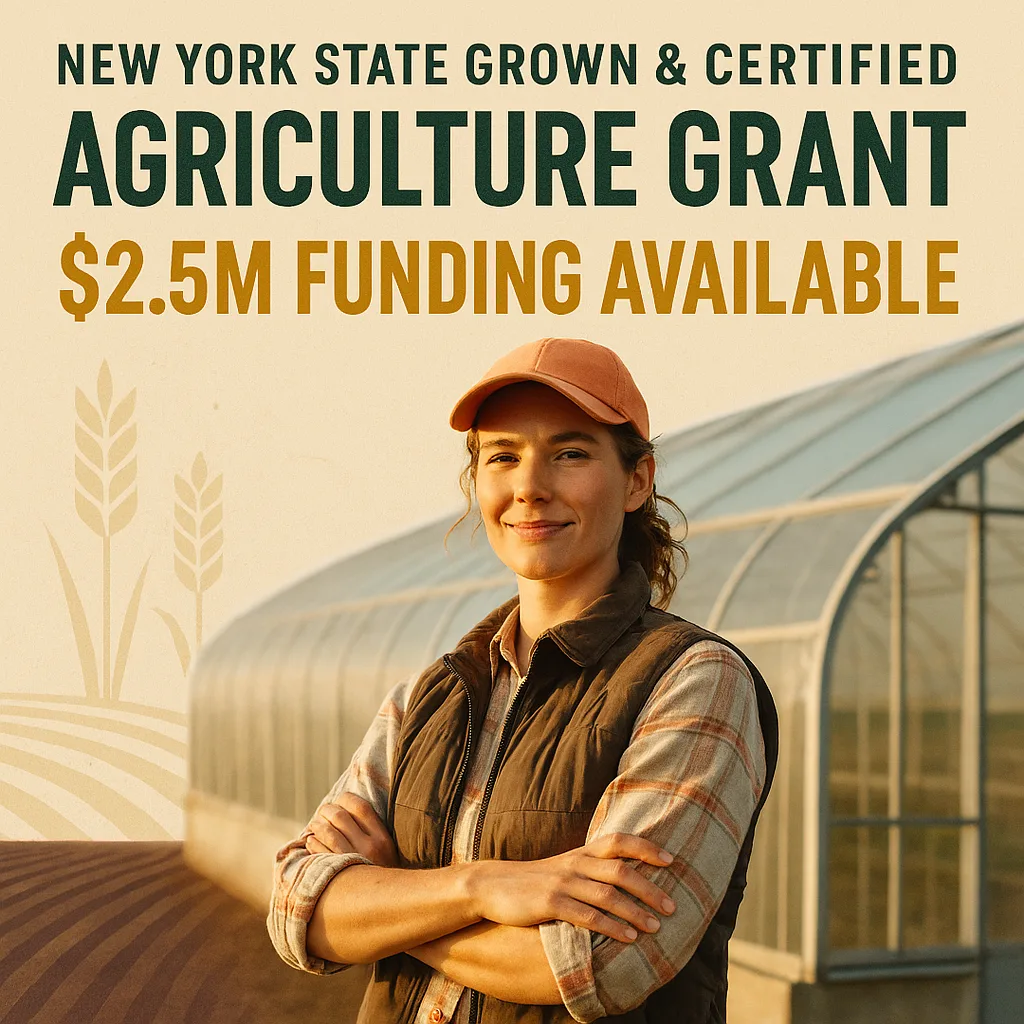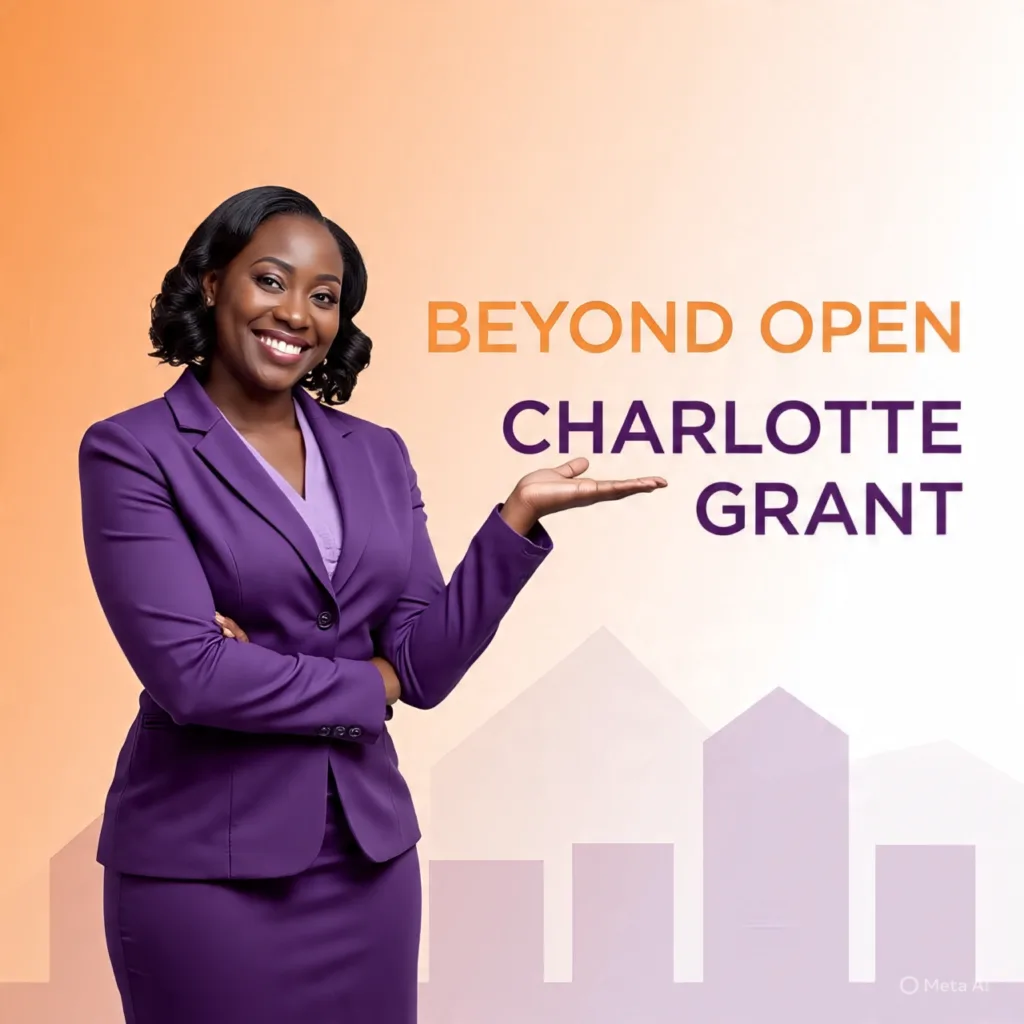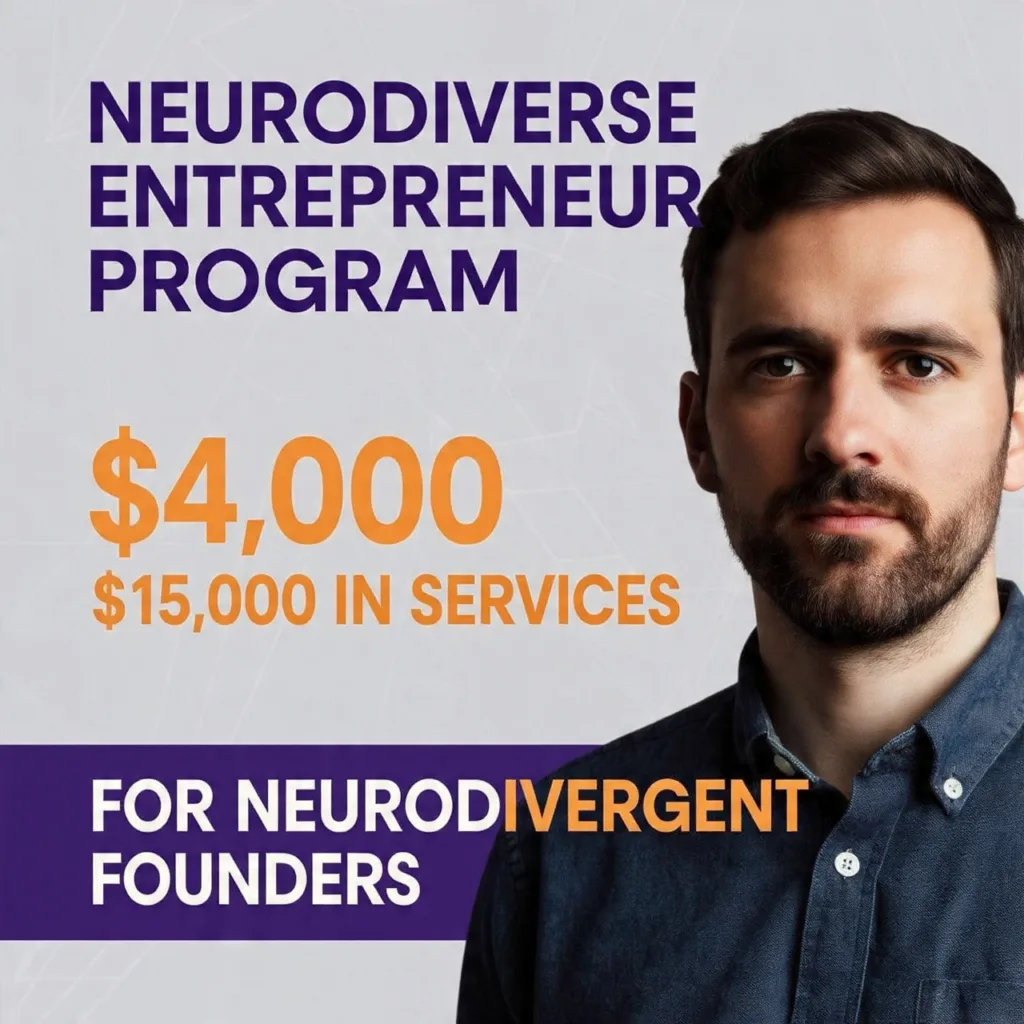
Jeannette Rankin Foundation Scholar Grants
Transform your future with education grants for women 35+. Apply now for up to $12,500 in funding.
Grant Overview
Education Funding for Women and Nonbinary Students 35 and Over
Donor: Jeannette Rankin Foundation
About: Let’s get real about going back to school as an adult. It’s not just about cracking open textbooks again it’s about juggling work, family, bills, and that voice in your head that keeps asking if you’re too old for this. That’s exactly why the Jeannette Rankin Foundation exists. They’re not just handing out money; they’re betting on women and nonbinary folks who’ve decided that education is their ticket to something better, no matter their age.
The Woman Behind the Mission
Jeannette Rankin wasn’t just any historical figure—she was the first woman ever elected to the U.S. Congress back in 1916. Can you imagine? A woman in Congress before women even had the right to vote nationwide. She spent her life fighting for women’s rights and peace, and when she died, she left her Georgia estate to create what would become this foundation. That was 1976. Fast forward nearly 50 years, and they’ve put more than $4 million into the hands of over 1,000 women across the country. These aren’t just small donations we’re talking about life-changing financial support that helps women who thought their chance at education had passed them by.
Three Paths to Funding
The foundation doesn’t take a one-size-fits-all approach. They’ve got three different grants depending on who you are and where you live:
National Scholar Grant
This is their flagship program, and it’s pretty straightforward. If you’re 35 or older, identify as a woman or nonbinary, and you’re working on your first associate’s or bachelor’s degree (or a technical/vocational program), this could be your ticket. The money goes directly to you—not the school—which means you can use it for whatever you need most. Rent, childcare, gas money, groceries those real-life expenses that often derail adult students. You can get up to $2,500 a year, and here’s the beautiful part: it’s renewable for up to five years. That’s potentially $12,500 total to help you cross that finish line. If you’re looking for other funding options to supplement this, check out these grants specifically designed for women that might help fill any gaps.
Emerge Grant
Got roots in Georgia or Montana? The Emerge Grant is basically the National Scholar Grant’s younger sibling. Same concept unrestricted money for school but with a couple key differences. First, you only need to be 25 or older to apply. Second, you’ve got to be a resident of Georgia or Montana. Why these states? Jeannette Rankin had strong ties to both she represented Montana in Congress and lived in Georgia for years. The foundation feels a special responsibility to these communities, and honestly, it’s nice to see a program that recognizes not all opportunities need to be concentrated on the coasts. Like the National Grant, you can get up to $2,500 annually, renewable for five years. For women in these states who are also exploring entrepreneurial paths alongside their education, grants for women entrepreneurs might provide additional support as you build your future.
Tribal Scholar Grant
This one’s specifically for Tribal members—either enrolled or descendants—who are 25 or older and attending a Tribal College. The foundation recognizes that Indigenous students face unique barriers to higher education, and this grant aims to help bridge that gap. You’ll need to show proof of your Tribal affiliation, enrollment at a Tribal College, and eligibility for Pell Grants or SNAP benefits. Like the other grants, it’s up to $2,500 annually and renewable for five years. The direct, unrestricted nature of these funds can be particularly impactful for Tribal students who may be supporting extended family members or contributing to their communities while pursuing their education.
What Makes These Grants Different
Honestly? It’s the unrestricted nature of the funding. So many scholarships and grants can only be used for tuition and maybe books. That’s great, but it doesn’t help when you’re choosing between buying groceries or paying for gas to get to class. The Jeannette Rankin Foundation gets that adult students have whole lives happening alongside their studies. They understand that your car breaking down or your kid needing new shoes can be the thing that derails your educational journey.
The other thing that stands out is the renewal potential. Five years is a long time in the scholarship world. It means they’re truly invested in seeing you through to completion, not just giving you a one-time boost and hoping for the best. This kind of sustained support can make all the difference when you’re balancing school with everything else life throws at you.
The Application Process: What to Expect
Look, applying for grants can feel overwhelming, especially when you’re already juggling a million things. The Jeannette Rankin Foundation tries to make it as straightforward as possible, but you should still plan to spend some quality time with your application.
First things first: take their eligibility survey on their website. It’ll help you figure out which grant you qualify for before you dive into all the paperwork. Once you know you’re eligible, you’ll need to create an account on their application portal (they use something called Submittable, which is pretty common in the grant world).
The application itself will take you at least 90 minutes to complete, so don’t try to rush through it. You’ll need to write some essays about your goals, your plans, and how you want to give back to your community. My advice? Write these in a separate document first, then copy and paste them into the application. That way you won’t lose anything if your internet decides to act up.
You’ll also need to provide proof of your financial need. That means tax forms, your Student Aid Report (that’s what you get after completing the FAFSA), and information about your current income and expenses. The foundation has income guidelines you’ll need to meet, so if you’re making too much money, unfortunately you won’t be eligible.
The Recommendation Letter Hustle
Here’s where you need to be strategic: you’ll need two letters of recommendation, and these can make or break your application. Choose people who really know you and can speak to your determination, your goals, and why this education matters to you. Professors are great if you have them, but work supervisors, community leaders, or anyone who’s seen you overcome challenges can also write powerful recommendations.
Give your recommenders at least three to four weeks to write their letters. And here’s a crucial detail: they won’t get the email asking for a letter until you actually submit your application. So don’t wait until the last minute to hit that submit button, or your recommenders might not have enough time.
What Happens After You Apply
Once you get everything in by the deadline (which is typically in February for the upcoming school year), your application goes through a pretty rigorous review process. The foundation brings in volunteers from across the country to read applications. Each application gets reviewed at least five times by different people, which feels pretty fair when you think about it.
They’re looking at a few key things: whether your goals are realistic, whether you’ve got a solid plan to achieve them, and how you plan to use your education to give back to your community. That last one matters a lot they want to invest in women who will, in turn, invest in others.
If you’re selected, you’ll hear back around July. And if you’re not? They still let you know, which I appreciate. There’s nothing worse than wondering for months whether you got something or not.
The Real Impact
Numbers are great, but stories are better. The foundation shares that 96% of their scholars either graduate or keep making progress toward their degrees. That’s huge, especially when you consider that 78% of their scholars are single mothers. These are women who aren’t just improving their own lives—they’re showing their kids what’s possible.
Take Tonesia, for example. She became a nurse after her daughter was born with specialized medical needs. Or Bridget, a single mother of four who went back to school to become a nurse practitioner. These aren’t just feel-good stories they’re examples of what happens when you give women the financial support to pursue their education.
The foundation estimates that their scholars have had an economic impact of $520 million in their communities. That’s not just the women themselves—that’s their families, their workplaces, the people they hire, the businesses they start. It’s a ripple effect that starts with a $2,500 grant and ends with transformed communities.
Is This Right for You?
Look, going back to school as an adult is scary. There’s no way around it. You’re probably older than your classmates, you’ve got responsibilities they don’t, and you might feel like you don’t belong. But here’s the thing: programs like the Jeannette Rankin Foundation Scholar Grants exist because organizations recognize that nontraditional students bring something special to the table. You’ve got life experience, perspective, and motivation that younger students often haven’t developed yet.
If you’re a woman or nonbinary person who’s been thinking about going back to school but worried about how you’d make it work financially, this could be exactly what you need. The age requirement might feel like a barrier at first, but it’s actually what makes this program special. They’re specifically looking for students who’ve been out in the world for a while and understand what they want.
At Grantaura, we’ve helped countless nontraditional students navigate the complex world of grants and scholarships. The Jeannette Rankin Foundation Scholar Grants are among our favorites because they get it they understand that adult students need flexibility, support, and funding that addresses real-life needs. If you’re feeling overwhelmed by the application process or unsure whether you qualify, our team can help you figure out your best path forward. We offer personalized grant research, application assistance, and strategic planning to help you secure the funding you need to transform your future through education.
Focus: women education grants, nontraditional student funding, adult education scholarships, financial aid for women over 35, nonbinary student grants, tribal education grants, Georgia education grants, Montana education grants
Region: Montana and Georgia
Eligibility:
– Identify as a woman, nonbinary, or Two-Spirited
– For National Grant: Age 35 or older
– For Emerge Grant: Age 25 or older and resident of Georgia or Montana
– For Tribal Grant: Age 25 or older, Tribal member (enrolled or descendant), attending Tribal College
– Pursuing first associate’s degree, bachelor’s degree, or technical/vocational education
– Demonstrate financial need according to foundation guidelines
– U.S. citizen or Permanent Resident
– Enrolled or planning to enroll in an accredited U.S. institution
Benefits:
– Unrestricted non-tuition grants up to $2,500 annually
– Funds distributed directly to recipients (not institutions)
– Renewable for up to five years (potential total of $12,500)
– Support network of fellow scholars
– No restrictions on how funds are used (can cover living expenses, childcare, transportation, etc.)
Deadline: February 13, 2026
Terms:
– Scholar Grant: Unrestricted funding provided directly to recipients to support their educational journey, covering expenses beyond tuition.
– Non-tuition grant: Financial assistance that can be used for any education-related expenses, not limited to tuition and fees.
– Financial need: Requirement based on household income falling within specific guidelines established by the foundation.
– Tribal affiliation: Connection to a federally or state-recognized tribe, either through enrollment or lineage.
– Technical or vocational education: Career-focused educational programs that teach specific skills for particular occupations.
– Accredited institution: School approved by recognized regional accreditation agencies.
– Renewable grant: Funding that can be received for multiple years if eligibility criteria continue to be met.
– Recommendation letter: Written endorsement from someone familiar with the applicant’s character, abilities, and goals.
– Student Aid Report (SAR): Document received after completing the FAFSA that shows financial aid eligibility.
Author:
How to apply for this grant
We are your trusted grant application partners. You can navigate the entire grant application process with our expert guidance through this simple 5-step process.
Step 1: Application Form
Fill out the “Apply for this grant” form with your information and grant requirements.
Step 2: Eligibility Assessment
Our grant experts will assess your eligibility and notify you via email.
Step 3: Expert Consultation
A dedicated grant expert will be assigned to discuss next steps for your application.
Step 4: Application Submission
Our expert will help you complete and submit your application with all required materials.
Step 5: Final Decision
The grant committee will make their decision and notify successful applicants.


